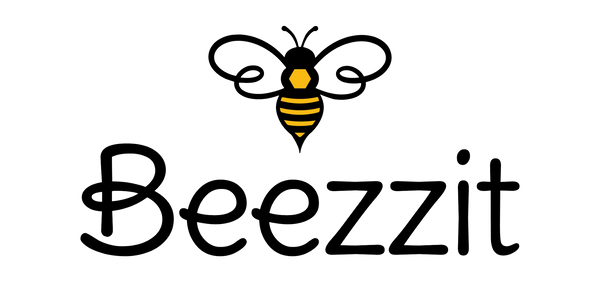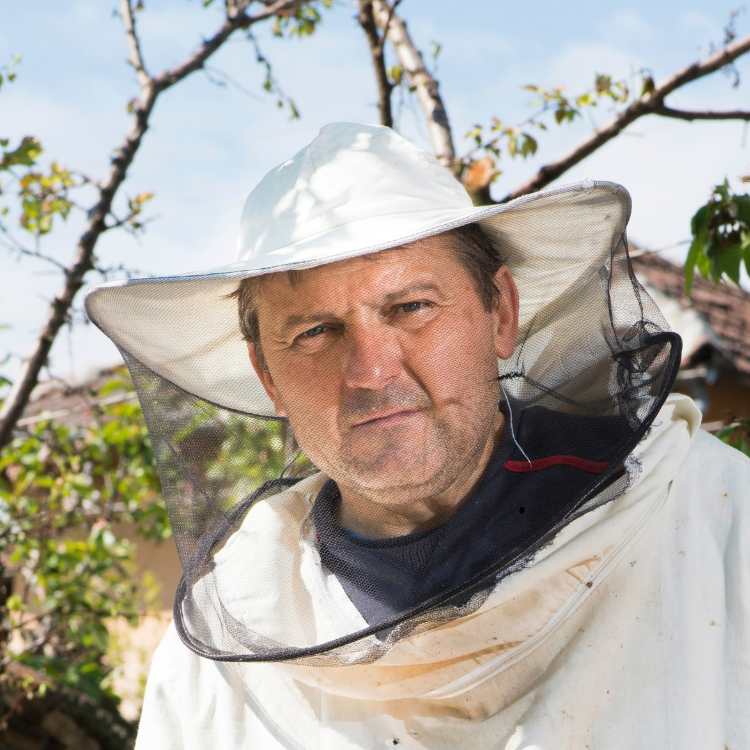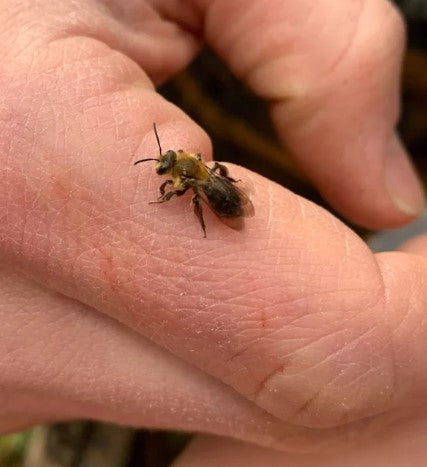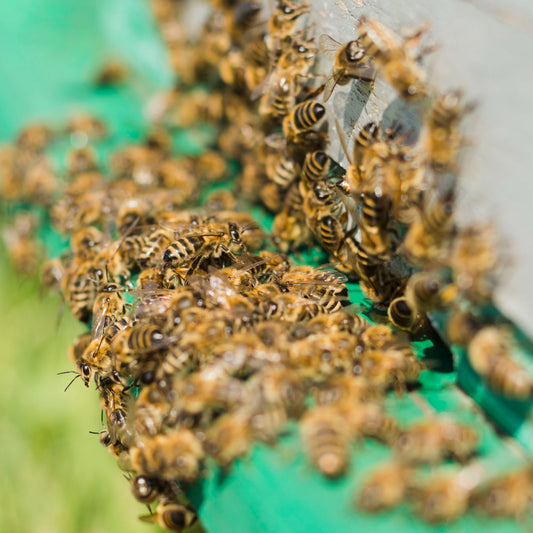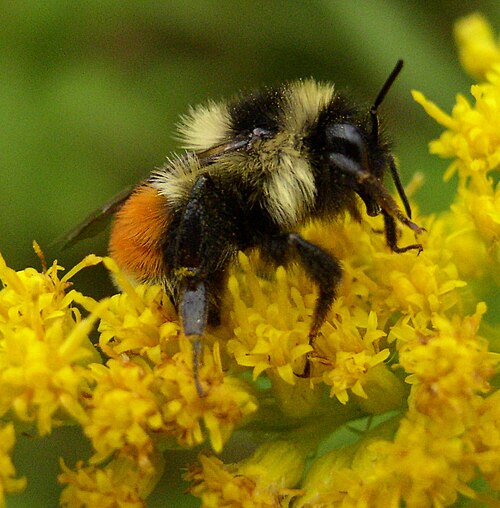North Carolina is full of several species of bees; therefore, beekeeping would thrive in such an environment. As an experienced beekeeper or an amateur, the common bees within the area are useful for deciding which species best suits your hives. In this article, we will explain the most popular North Carolina bees and what makes each type special.
1. Italian Honeybees (Apis mellifera ligustica)
Italian honeybees are one of the favorite North Carolina bees kept by beekeepers. They are gentle in nature and therefore ideal for new beekeepers.
Key Characteristics:
- They have light yellow and brown stripes on their bodies.
- They produce a lot of honey.
- They are less likely to swarm than other bees.
Italian honeybees also enjoy the mild weather of North Carolina. Many local beekeepers collect them for their hives since they are docile and productive.

2. Carniolan Honeybees (Apis mellifera carnica)
Carniolan honeybees are another favorite choice among North Carolina bees. They can adapt to temperature changes and are docile.
Key Characteristics:
- They have bodies that are darker with gray stripes.
- They can handle changes in the weather well.
- Can swarm more often but are easy to manage.

3. Russian Honeybees (Apis mellifera)
In North Carolina, Russian honeybees are becoming more popular because they have a high resistance to parasites, most notably the Varroa mite.
Key Traits:
- Darker in color with brown and black tones.
- This variety of North Carolina bees can survive cold winters well.
- Slower to grow their population in early spring but productive in late summer.
For beekeepers who want a low-maintenance hive with fewer pest issues, Russian honeybees can be a great option.

Russian honeybee
4. Buckfast Bees
Buckfast bees are known for their hardiness and ability to produce large amounts of honey. They are a hybrid bee that was developed for their resistance to diseases.
Key Traits:
- Mix of golden and dark colors.
- Strong honey producers.
- Usually calm but may become defensive if disturbed.
Many North Carolina beekeepers choose Buckfast bees for their high productivity and ability to stay healthy in different environments.

5. Local Feral Bees
North Carolina also has wild bee colonies, often referred to as feral bees. These bees have adapted to the local environment and can be managed in hives by beekeepers.
Key Traits:
- Appearance varies depending on their genetic history.
- Very well-adapted to the local climate.
- Can be more defensive than managed bee breeds.
Some beekeepers prefer capturing feral bee colonies because they are resilient and already used to surviving in the local area.
Why North Carolina Is Great for Beekeeping
North Carolina's environment is ideal for raising North Carolina bees. Here are some of the reasons why the state is a top choice for beekeeping:
- Abundant Forage: The state has many blooming plants, such as wildflowers, fruit trees, and clover, that give bees plenty of nectar and pollen.
- Mild Winters: Most of North Carolina does not have very cold winters, which makes it easier for bees to live.
- Support for Beekeepers: There are many local groups and clubs that help beekeepers learn and improve, plus resources to help beginners start.
Things to Consider When Choosing Your Bees
If you are choosing which North Carolina bees to raise, here are a few things you'll want to think about. Here are some things to remember:
- Temperament: If you're a beginner or prefer a quiet hive, Italian or Carniolan bees are the best.
- Honey Production: If you want to produce a lot of honey, Buckfast and Italian bees are great choices.
- Pest Resistance: If you need bees that can fight off pests like mites, think about Russian honeybees.
- Adaptability: If you want bees that are comfortable in your local area, feral bees might be a good choice.
Tips for Successful Beekeeping in North Carolina
To ensure your bees stay healthy and productive, follow these simple tips:
- Provide Enough Space: Give your bees plenty of room to expand their comb and store honey, especially during the peak seasons.
- Watch for Pests: Be vigilant about checking for Varroa mites, small hive beetles, and other common pests.
- Prepare for Weather Changes: Even though winters in North Carolina are mild, it’s important to ensure that your hives are well-protected during cold spells.
- Add Fresh Frames: During periods of heavy comb-building, provide your bees with new frames so they have enough space for honey and brood.
Common Questions About North Carolina Bees
1. What is the best time to start beekeeping in North Carolina?
Spring is usually the best time to start. This allows your bees to build up their colony before the colder months arrive.
2. How many hives should a beginner start with?
Most experts recommend starting with at least two hives. This gives you a better chance to compare their progress and make adjustments if needed.
3. How can I attract local bees to my property?
Planting bee-friendly flowers like sunflowers, lavender, and clover can help attract wild North Carolina bees to your garden or farm.
Choose the right bees in North Carolina
North Carolina offers a great environment for beekeeping, with a variety of bee species to choose from. Popular North Carolina bees like Italian, Carniolan, Russian, Buckfast, and local feral bees all have unique qualities that suit different needs. Whether you prioritize honey production, calm behavior, or pest resistance, there is a bee type that fits your goals. By understanding the traits of each bee and providing the right care, you can maintain healthy, productive hives and enjoy the many rewards that come with beekeeping.
Intrigued about what world of bees? Learn more about these fuzzy buzzers from our full blog here.